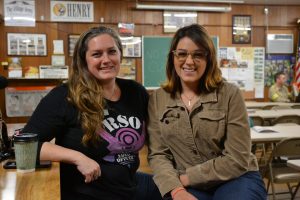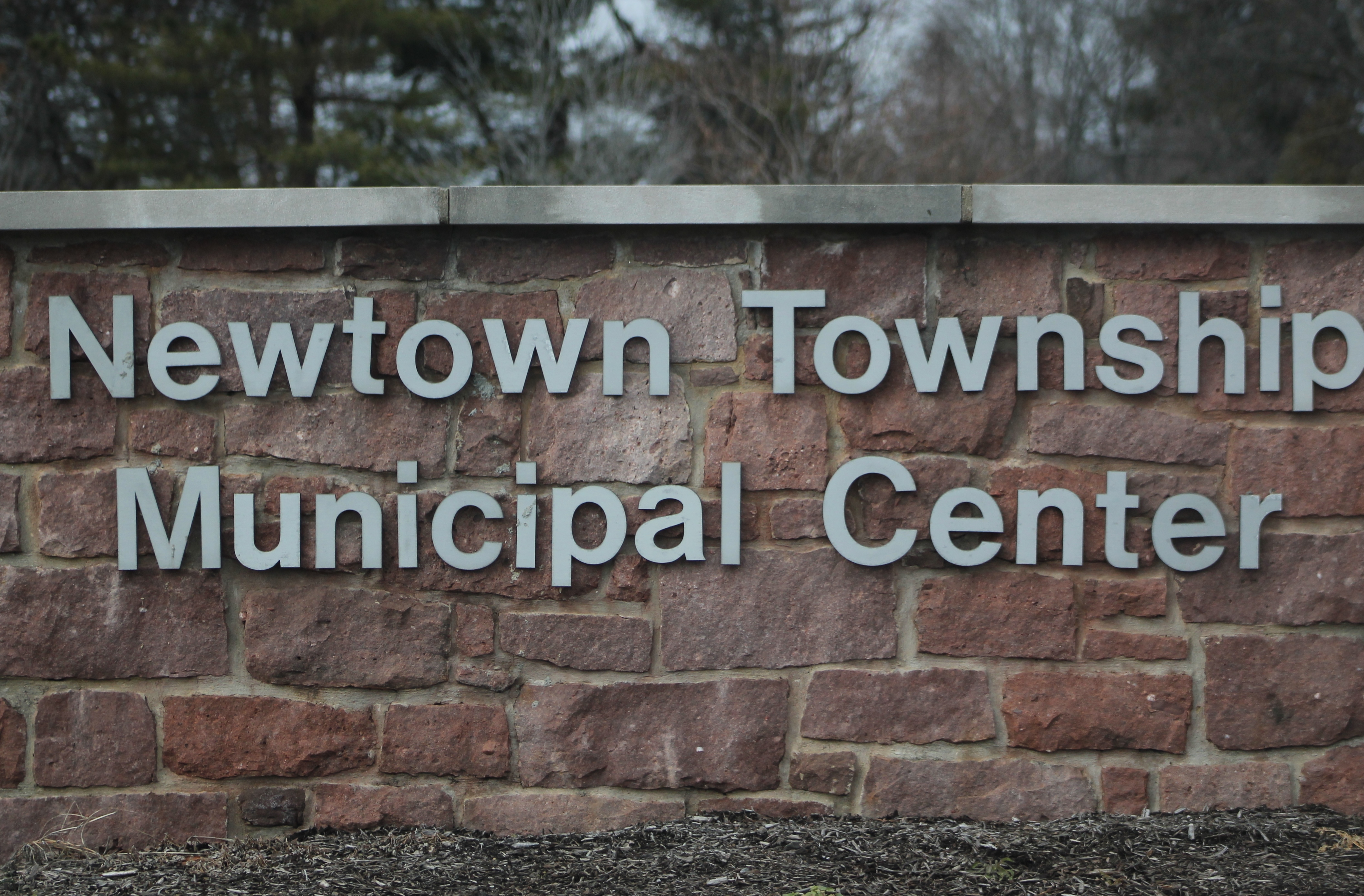
By Brett Sholtis | PA Post

Most days of the week, Sarah Albrecht works as a doula and childbirth educator, where she’s learned to help women dealing with the stress of pregnancy, the pain of miscarriage and postpartum depression that seems to come out of nowhere.
But on Monday nights, the 39-year-old works as a range safety officer at a gun club in Chester County, where she teaches children and teenagers—including her son—how to shoot.
Albrecht emphasizes that she is not a mental health professional. However, as a doula, she’s seen how a mental health crisis can emerge. One in five people in the U.S. experience mental illness each year.
Firearms are used in half of all suicides in the U.S., and Albrecht also has personal knowledge of the risks. Sarah knew four people who died by suicide. Two of them used firearms.
After dealing with the loss of a young family friend who shot herself last fall, she decided gun owners need to be able to take a break from firearms when they are going through a crisis or struggling with a mental illness.
For some people, tragedies like these are reasons not to own guns or keep them in the house. However, about 43 percent of U.S. households do have guns, a recent Gallup poll shows. For that group—about 140 million people live in those households—Albrecht and a colleague have come up with a plan they hope can prevent firearms deaths by giving gun owners a chance to turn in their weapons during a crisis.
They’re calling the effort “Hold My Guns.” Their hope is that when people know things are getting out of hand, “they get help, and take a break from their firearms if they own any,” Albrecht said.
But “taking a break” from firearms, as Albrecht put it, can be harder than it seems. In some states, including Pennsylvania, it’s against the law to give a handgun to someone else unless they have a permit.
There’s also the issue of stigma, she said. People dealing with serious issues like depression or addiction aren’t always willing or able to explain to friends or family members that they need to get weapons out of their house.
She and co-founder Genevieve Jones came up with a solution. Existing federal regulations allow gun shops to take someone’s firearm for a consignment. Those same laws also allow dealers to take that firearm and hold it for a person who simply doesn’t want it in their home.
The idea has gotten the attention of state lawmakers—Albrecht gave testimony at a Senate Judiciary Committee hearing on behavioral health and gun violence— and the project received financial support from a psychiatrist.
“He was excited because he can say, if you have any firearms at home, here is a location where you can store them,” she said.
Jones admits that tighter gun laws can be a hot-button issue. The 25-year-old range safety officer said the program sidesteps politics while adding a resource that will be easy for gun owners to access, regardless of their political beliefs.
“Me, personally, I’m a Libertarian, so neither Democrat nor Republican,” Jones said. “I have a lot of friends who are liberals. You know, what we really care about is preserving life. We don’t really care to tell people that their opinions are wrong.”
Still, it remains to be seen how Albrecht’s and Jones’ non-partisan approach will play out on what is one of the most divisive issues of the coming election year.
Their plan, which is voluntary and requires no legislation, comes amid a national advocacy effort to enact so-called “red flag laws” that allow a judge and law enforcement to require someone to temporarily turn in their firearms. Seventeen states and Washington, D.C. have established such laws, and other states are considering them.
Such laws have been proposed in Pennsylvania but face steep opposition in the Republican-controlled legislature. It also comes just over a year after Pennsylvania passed a law restricting domestic abusers’ access to guns.
Albrecht and Jones don’t have an official position on those laws, pointing out that their group, a nonprofit, is also non-political.
The Hold My Guns program is a good idea, said Shira Goodman, the executive director of Ceasefire PA, but there also need to be ways for families to intervene. Goodman’s group is pushing for tougher gun laws, including extreme risk protection order laws, also known as red flag laws, in Pennsylvania.
The problem, Goodman said, is that people don’t always have good insight into their mental state, and aren’t always willing to do anything about it.
“We need other tools for families who realize someone’s in crisis and need to put someone on a no-buy list, for example,” Goodman said. “So, I think it’s one piece of a puzzle, but not the full solution.”
Goodman said she knows a woman whose husband died by suicide despite his wife’s efforts to to take his gun away. He didn’t want to give it up, and she couldn’t make him.
Not to mention, guns are used in more than 70 percent of homicides, including those involving a domestic partner, where the firearm might have been legally owned.
Dr. John Rozel—he goes by “Jack”— has seen first-hand the results of such gun violence. Before he became a psychiatrist and professor at University of Pittsburgh, Rozel was a medical student in Rhode Island on a trauma surgery rotation where he’d see people suffering from bullet wounds “pretty much every shift.”
Like Sarah Albrecht, Rozel testified before the state Senate, and has been searching for ways to prevent gun deaths. He said the Hold My Guns program could have “huge impact.”
“One of the things we know is access to a firearm is one of our biggest risk factors to suicide and people who are at risk for suicide. And so for them to have a safe alternative place to store their firearm that’s away from their immediate access… we’re much more likely to get them through that bout of depression or anxiety and get them back on their feet.”
Rozel supports some broad gun control measures such as universal background checks. However, with 393 million guns already owned by people in the U.S., public policy experts need to focus on limiting risk among those gun owners, he said.
“It’s going to take a lot of small fixes over time.”
Albrecht and Jones may soon find out how big of a fix this proves to be. After a pilot program, they hope to make it a mainstay at gun shops nationwide. They’re learning from groups like the Colorado Firearm Safety Coalition, which has set up a regional network of firearm storage locations.
They’ve also spoken with members of the National Shooting Sports Foundation, the firearms industry’s trade group, which Albrecht said is interested in the program.
And—perhaps this is where the politics becomes inevitable—in January the two women from Chester County are headed to the SHOT Show in Las Vegas, the gun industry’s annual trade event, to talk with manufacturers about their plans.









